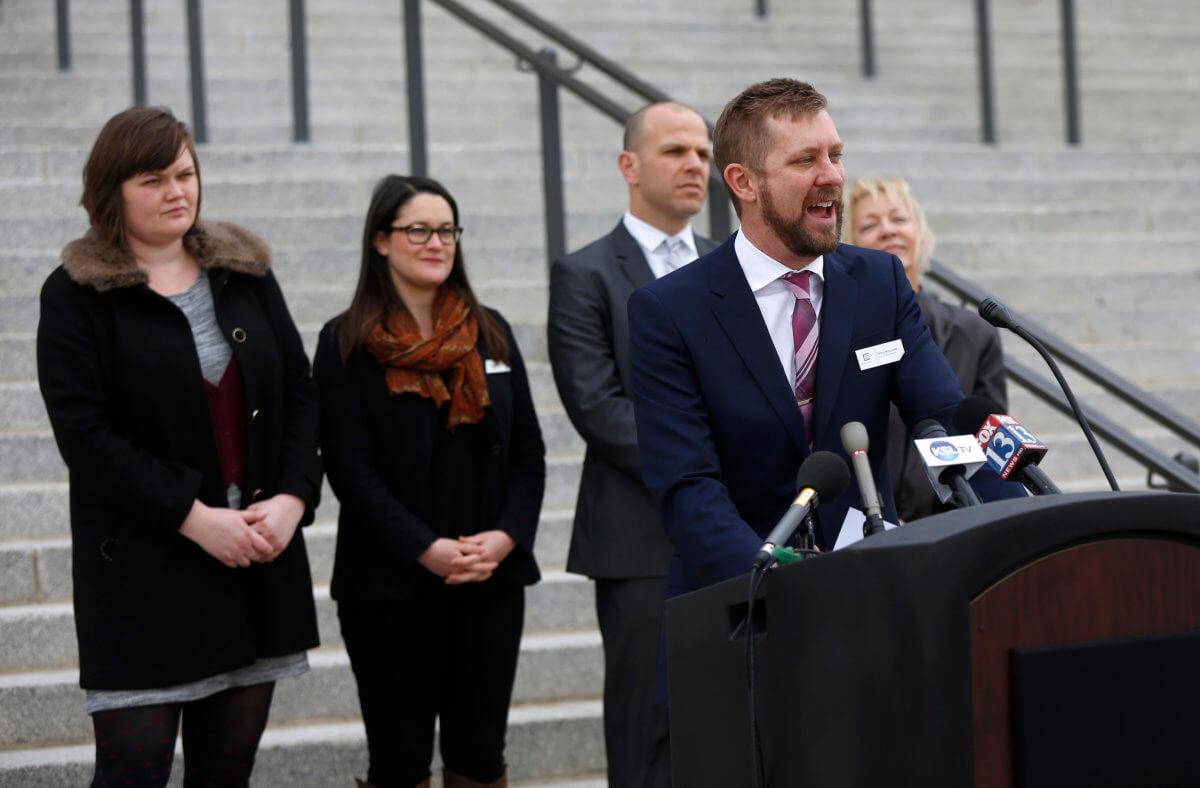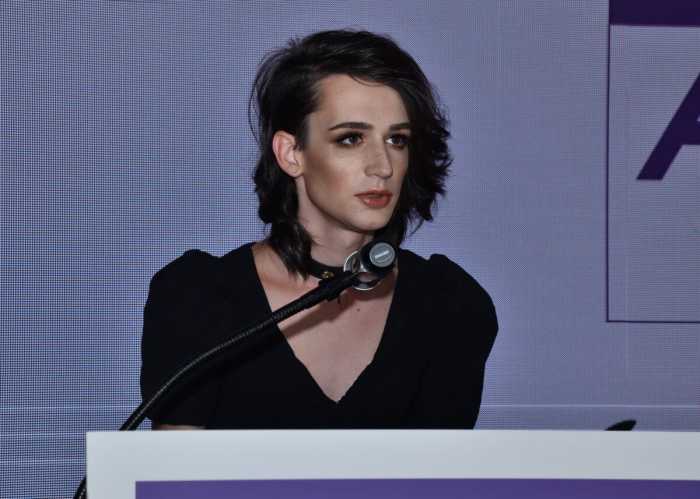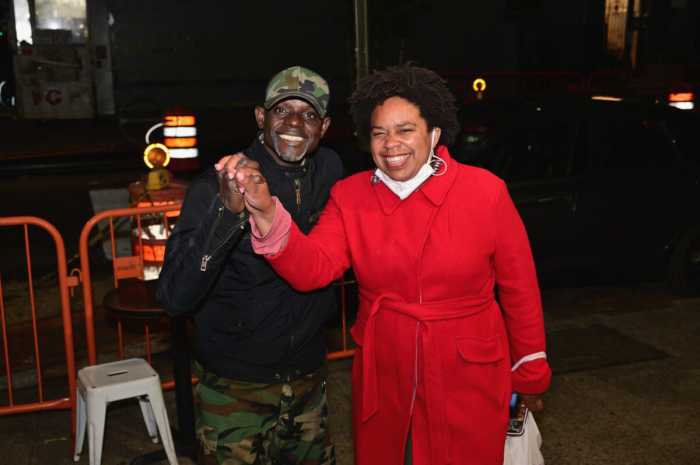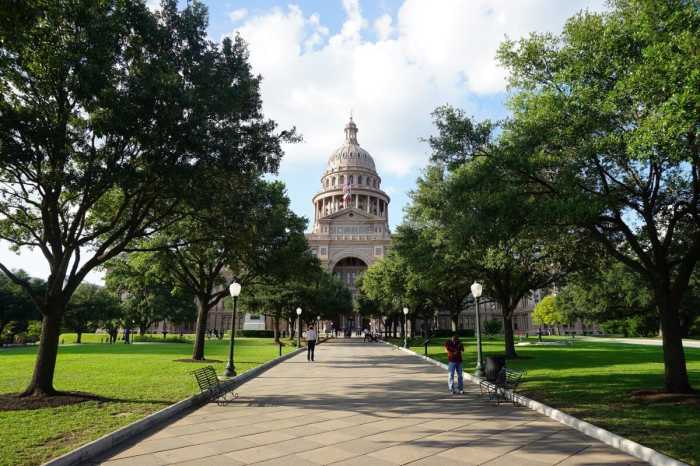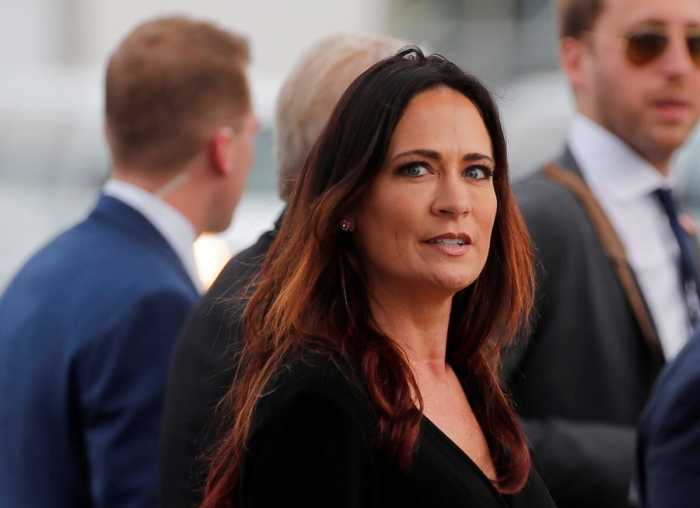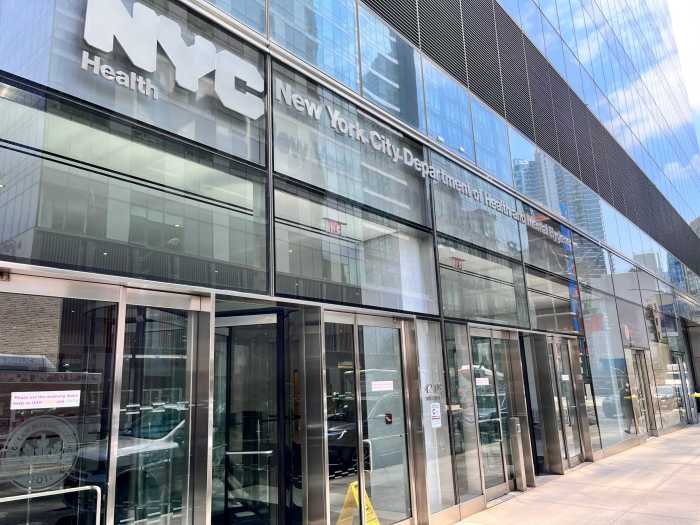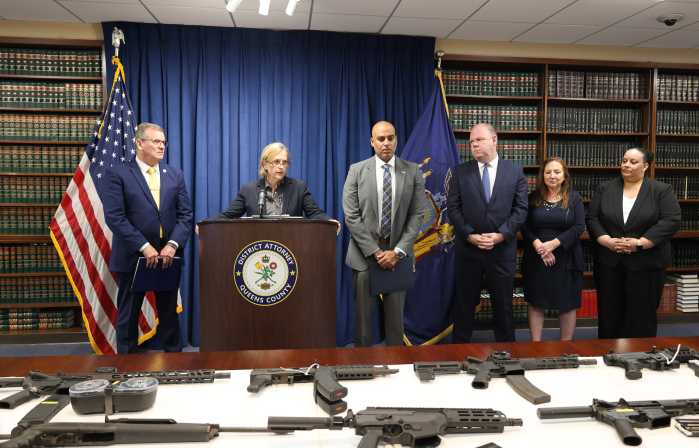More than six years after Utah added sexual orientation and gender identity as protected classes to its anti-discrimination law and drew criticism over the law’s already broad religious exemptions that were expanded in the amended law, data from Utah’s anti-discrimination agency show that Utahns are using the law to push back against discrimination in employment and housing and that the agency has likely not adopted an expansive view of the law’s religious exemptions.
“We are pleased to see that the [Utah Antidiscrimination and Labor Division] is investigating complaints based on sexual orientation and gender identity,” Clifford Rosky, a law professor at the University of Utah and a member of the Equality Utah Advisory Council, wrote in an email. “While it’s hard to generalize based on the small numbers, it appears that the UALD is investigating and resolving LGBTQ-related complaints in the same manner it handles other types of discrimination complaints. This is exactly what is required by the Utah Antidiscrimination Act — the equal treatment of all Utahns, regardless of race, sex, religion, disability, sexual orientation, and gender identity, among other traits.”


